
What Really Happens in Your Brain When You Hug Someone for More Than 20 Seconds
We all know that a hug feels good. Whether it’s from a partner, a family member, or a close friend, hugging has the power to instantly comfort us. But have you ever wondered what’s really happening inside your brain when you hold a hug for more than 20 seconds? Science has the answer — and it’s fascinating.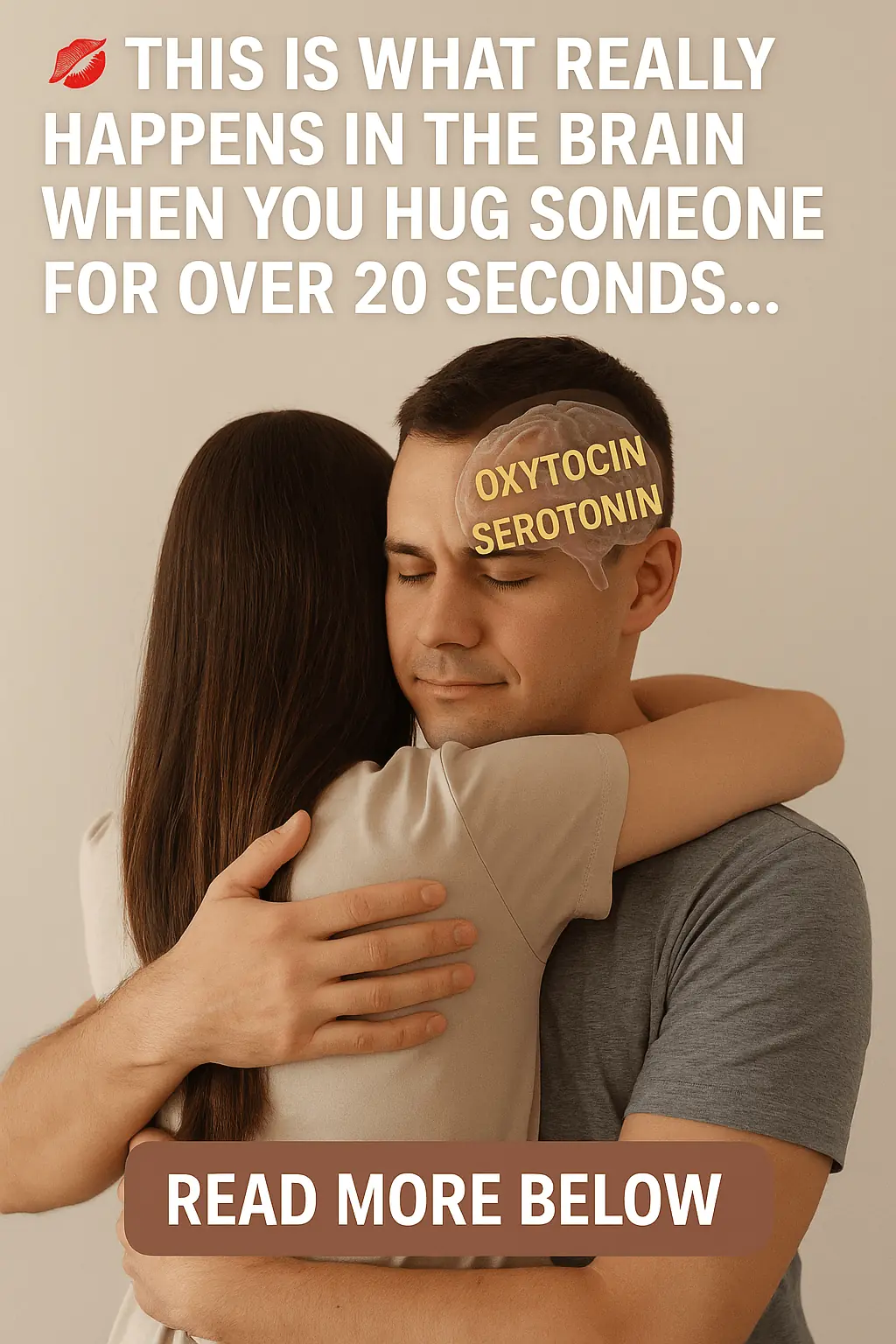
The Science of a Hug
When you hug someone, your body initiates a powerful physical and chemical response. The skin, our largest sensory organ, is filled with pressure receptors that send signals to the brain when stimulated. These signals activate the parasympathetic nervous system, which calms the body and lowers stress levels.
But the real magic happens when a hug is held long enough — usually around 20 seconds or more. At this point, your brain starts releasing specific hormones that affect your mood, health, and overall sense of well-being.
Oxytocin: The “Love Hormone”
Oxytocin is often called the “love hormone” or the “bonding hormone.” It’s released during hugging, cuddling, and even holding hands. When oxytocin floods your brain, it creates feelings of trust, closeness, and connection. That’s why long hugs can deepen relationships and help strengthen emotional bonds.
Research has shown that oxytocin not only makes us feel more connected to others, but also reduces feelings of loneliness and anxiety. In fact, it plays such a big role in human bonding that it’s sometimes referred to as the biological foundation of love and affection.
Serotonin: The Mood Stabilizer
Along with oxytocin, serotonin is also released during long hugs. This neurotransmitter is well-known for its role in stabilizing mood and promoting happiness. Higher levels of serotonin are linked to reduced stress, better sleep, and improved overall mental health.
That’s why hugging someone you trust can literally lift your spirits. It’s not just an emotional reaction — it’s a chemical one too.
Health Benefits of Hugging
The effects of hugging extend beyond emotions. Studies suggest that frequent hugging and physical affection can:
-
Lower blood pressure
-
Reduce heart rate
-
Strengthen the immune system
-
Improve sleep quality
-
Reduce symptoms of depression and anxiety
In short, hugging is one of the simplest and most natural ways to improve both mental and physical health.
Why 20 Seconds Matters
Quick hugs are nice, but the real benefits come when you hold the embrace longer. At around the 20-second mark, oxytocin and serotonin release is maximized, leading to stronger feelings of warmth, safety, and happiness. That’s why experts often recommend longer hugs for stress relief and emotional connection.
Final Thoughts
The next time you hug someone you care about, don’t rush it. Hold on a little longer — at least 20 seconds. Your brain will thank you with a rush of oxytocin and serotonin, helping you feel calmer, happier, and more connected. In a world where stress and loneliness are so common, something as simple as a hug may be one of the most powerful medicines we have.
News in the same category


Female Dogs May Judge Human Competence, Kyoto Study Reveals
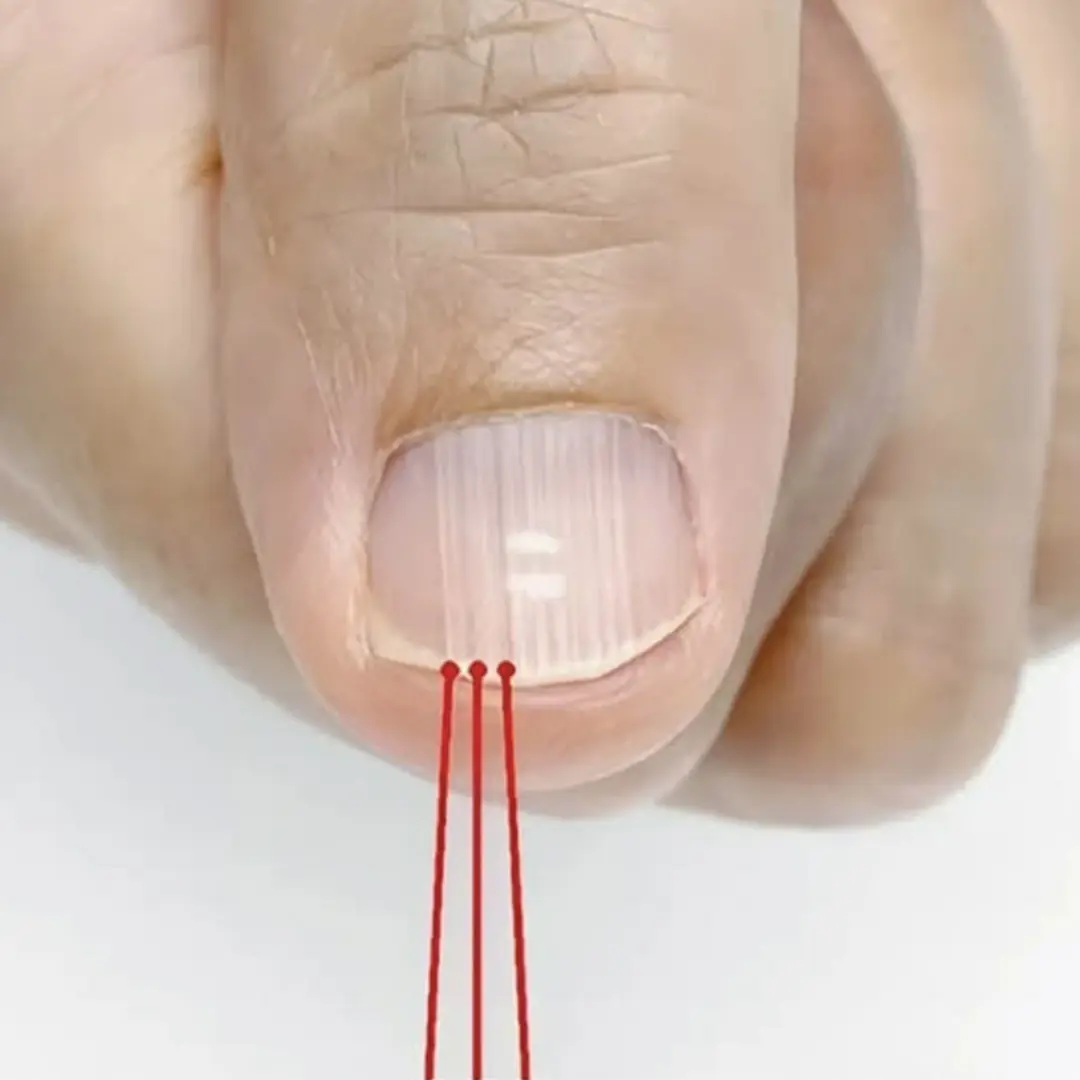
🔍 What Those Vertical Lines on Your Nails Really Reveal

😱 If You Have Small Dimples on Your Shoulders, This Reveals a Fascinating Truth About Your Body 👇

Clouds: The Heavyweights That Float Above Us

Life Tip: How to Tell the Difference Between a Real Mirror and a Two-Way Mirror in Fitting Rooms

Half Male, Half Female: The Rare Wonder of a Bilateral Gynandromorph Butterfly

If You Have These Two Palm Lines, You’ll Be Luckier Than Most

The Truth About Turtle Shells: Not Just a Home, But Their Body

Discover Why You Shouldn’t Sweep the House at Night

Wood: The Rarest Material in the Known Universe

Visual Challenge: Can You Spot the Hidden Word in This Man’s Face?

What It Means If You Have Two Dimples on Your Lower Back

Understanding the Relationship Between Breast Size and Hormonal Health

Are you sleeping on hidden toxins?

The Chess Meme That Perfectly Captures Unattainable Love

8 Clear Signs He Knows He Hurt You

Japan’s Vending Machines Equipped to Save Lives During Earthquakes
News Post
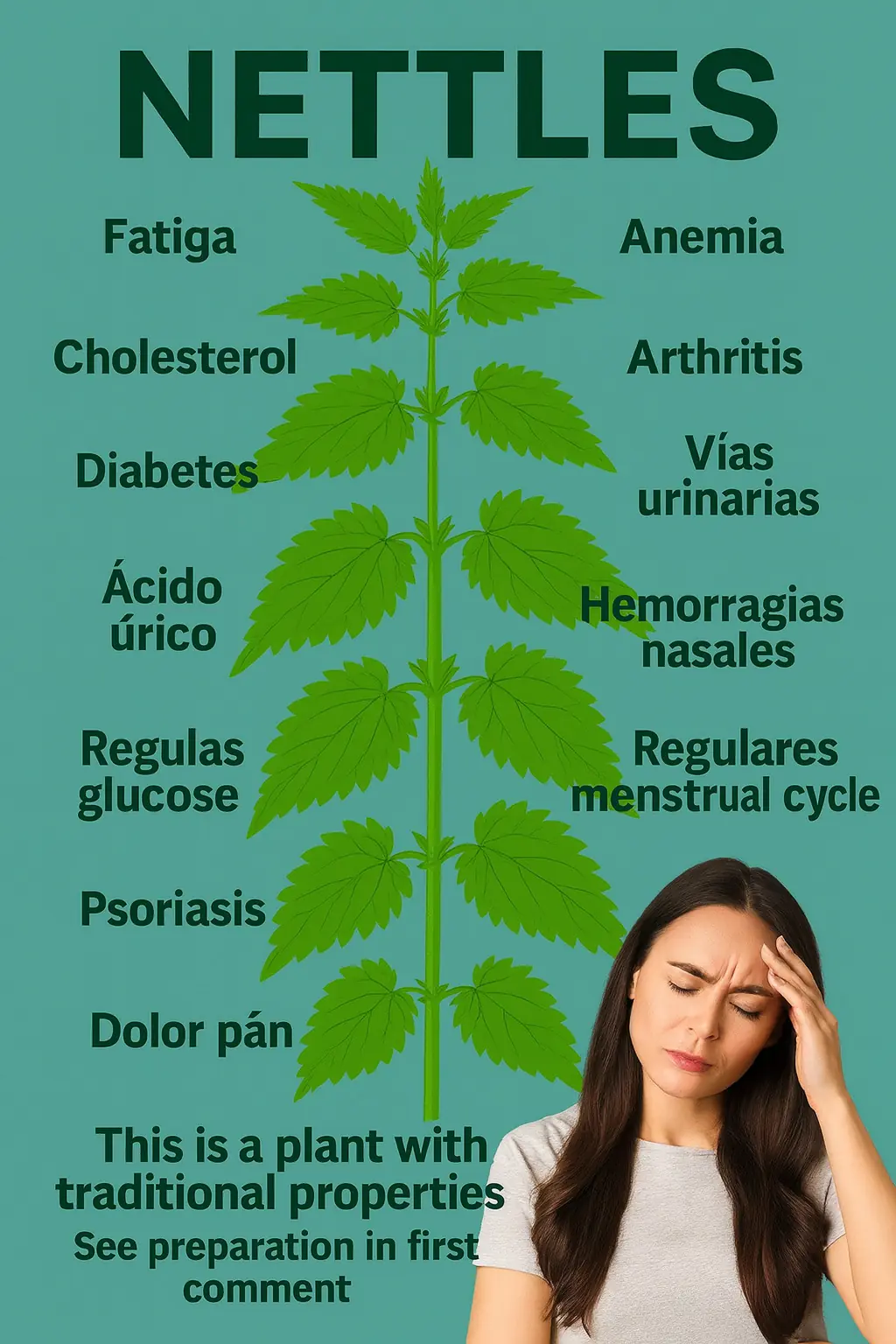
Benefits of Nettle

Beloved Aquarium of the Pacific octopus spends last days caring for eggs, although they won't hatch
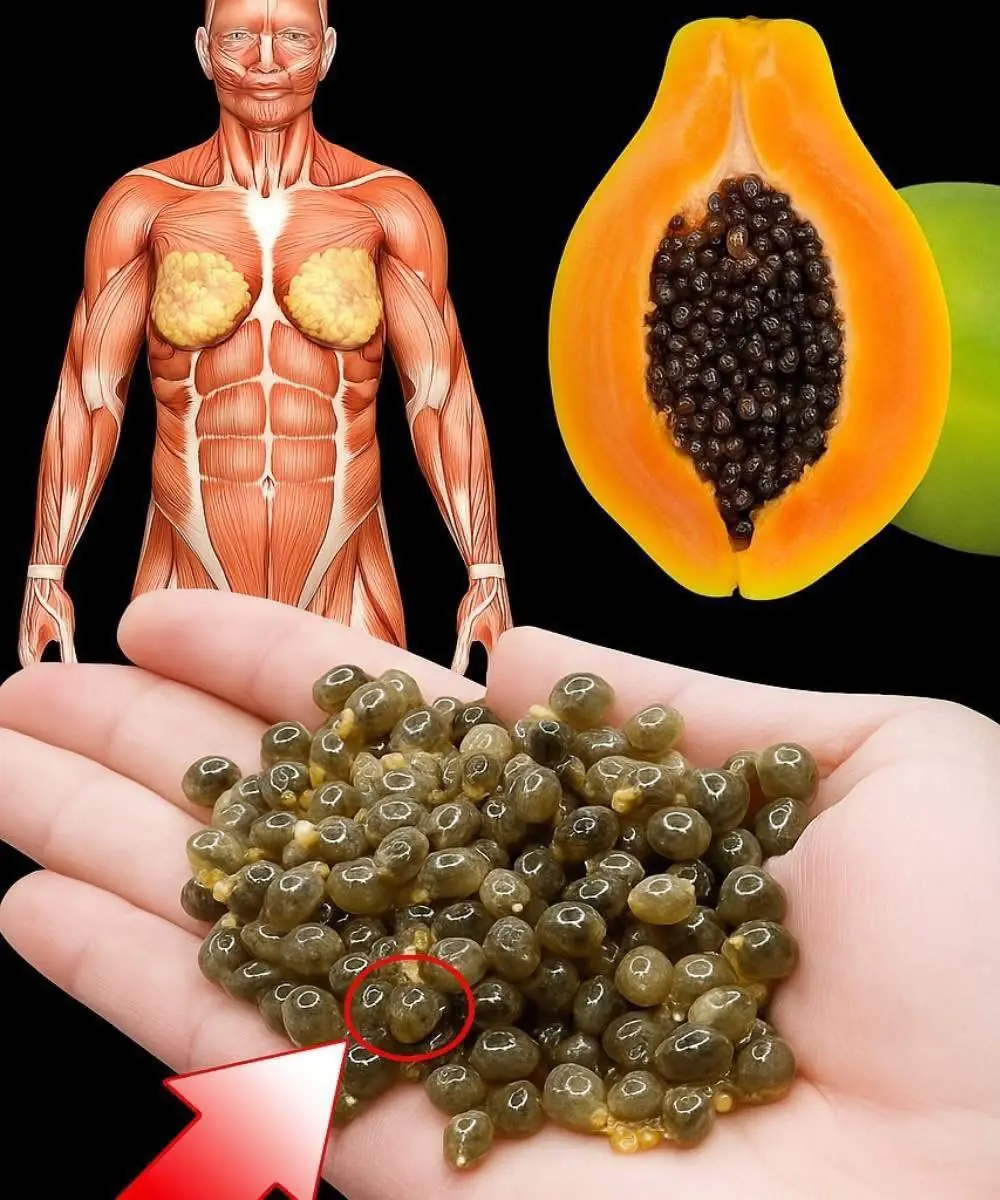
Did you know that papaya seeds are edible? Discover it!

5 Herbs Better Than Ibuprofen

Mix Hibiscus Flower with Bay Leaves and Cinnamon

Homemade Onion Hair Oil for Stronger, Healthier Hair

Erika Kirk delivers emotional remarks after killing of husband Charlie Kirk

The Hidden Meaning of the “M” on Your Palm 🤲✨

10 Innocent-Looking Household Items That Can Cause Cancer (Backed by Science)

Eunice Foote: The Forgotten Scientist Who Predicted Climate Change in 1856

Research Suggests Your Body Knows When Death Is Near — And It Begins With the Nose
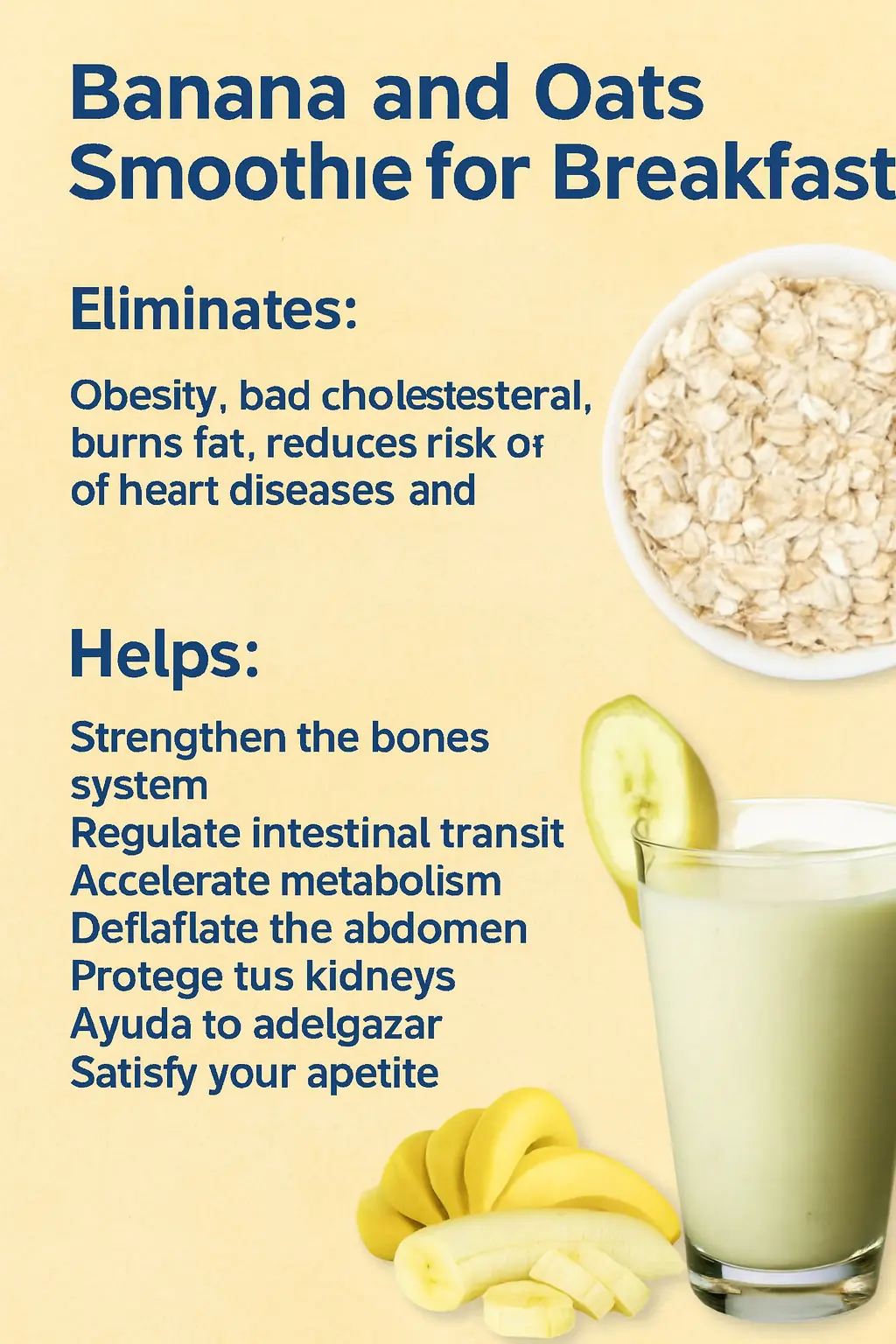
The drink that eliminates diabetes, fatty liver, poor circulation, and cancer without the need for expensive pills 👇

The drink that eliminates diabetes, fatty liver, poor circulation, and cancer without the need for expensive pills

Charlie Kirk shooting: Officials release video, plead for help in tracking down person of interest

California's Clean Air Vehicle Decal Program to End This Month

Family mourns 3-year-old boy hit and killed after running into street in Long Beach

Did Charlie Kirk start asking the wrong questions?

How to Identify Benign and Malignant Lymph Nodes

8 Surprisingly Easy Ways to Prevent Cavities
